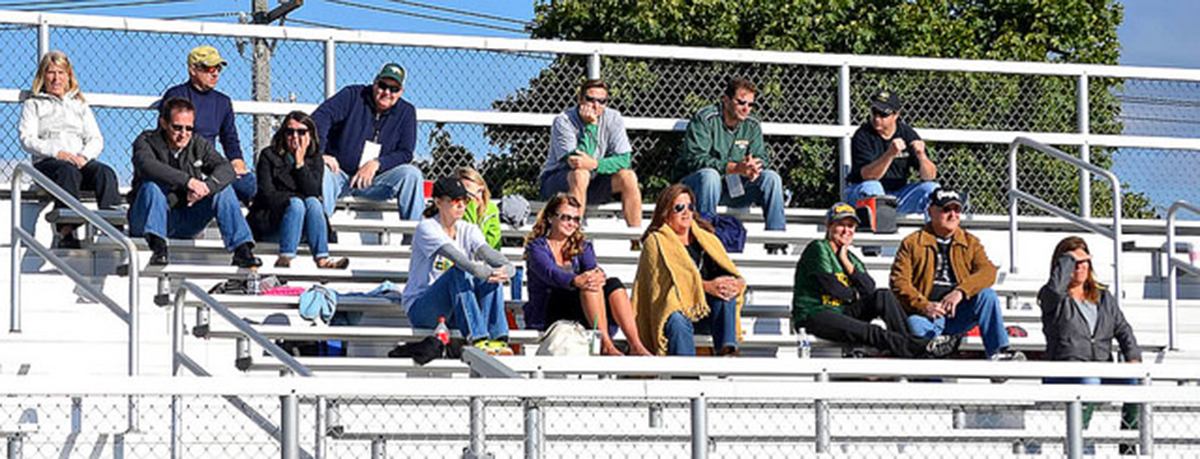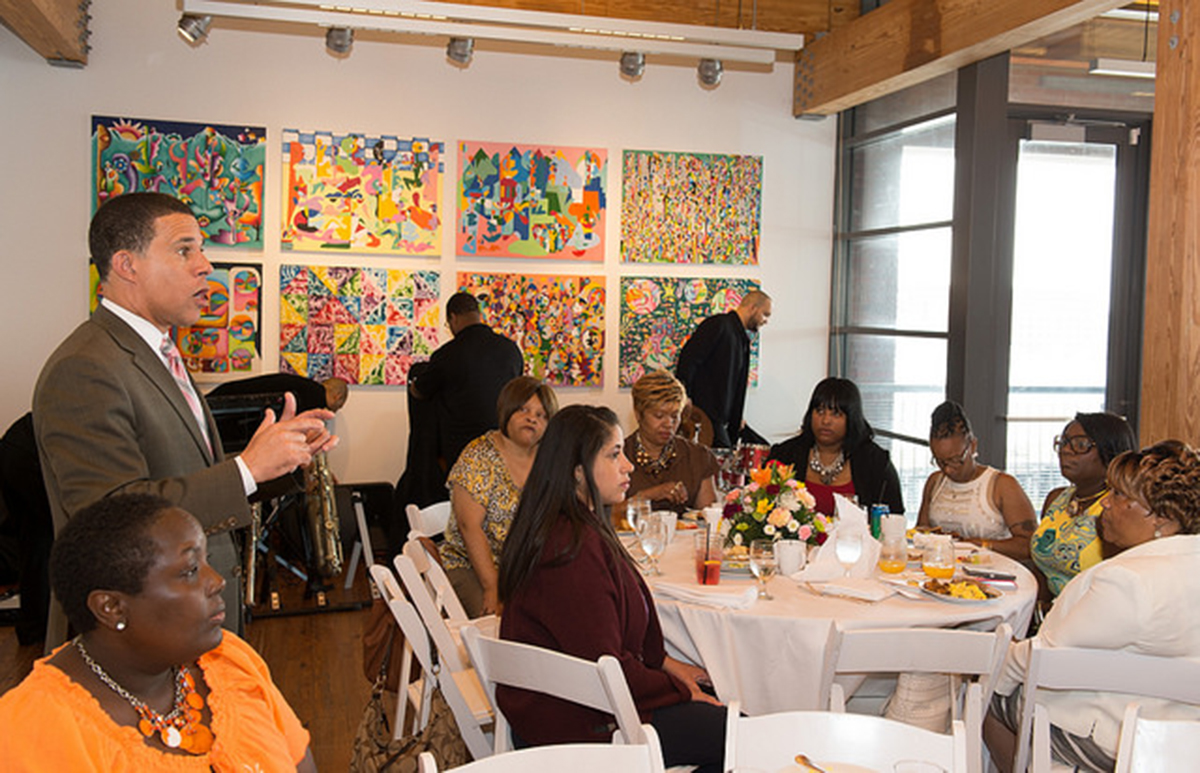"It's not like they come with a manual", many a frustrated parent has said when their baby doesn't stop crying, their defiant toddler tries to run into the street the third time that week, their elementary-aged kid can't seem to be motivated to do that homework, or that teen stays out hours longer than they were supposed to — again.
What if there was a manual? What if parenting classes could help you solve the dilemmas you face on a daily basis as a parent?
What Are Parenting Classes — And Would You Benefit?
Think "parenting classes", and the chances are that you'll be conjuring images of abusive parents who were court-ordered to attend learning sessions on how to breathe deeply and drink a glass of water to avoid shaking their newborns or spanking their toddlers. Those images can be accurate, but parenting classes can be so much more than that, and you don't even have to be a bad parent (or a parent at all yet) to attend a course. Parenting classes can be taught by therapists, in houses of worship, at local health clinics, and offered by organizations that have a particular take on parenting. They can be general or designed to help parents of children with issues such as ADHD, autism, or physical disabilities.

What goes down in a typical parenting class? Parenting classes may offer information about general infant care, child development, improved communication and discipline strategies, and even first-aid. Led by social workers, child development experts, nurses, and psychologists among others, parenting classes can provide a forum in which you can bounce ideas around, role play to see how new communication strategies may work out, or get support during a difficult time.
Parenting is, let's face it, one of the hardest jobs on Earth. Many parents crave support. If they're lucky, that support will be available in the form of a partner, friends, relatives, or all of those and questions like "should I take my child to the doctor?", "is this behavior normal?" and "what do I do now?" never have to be faced alone. If they're not, raising a child can be a lonely and isolating experience. Parenting classes can offer some much-needed support, not just in the form of concrete advice on how to raise a child, but also because these classes can be a place where you meet people in similar positions who can become friends for life.
Who Should Take Parenting Classes?
You may benefit from parenting classes if:
- You are parenting a child with special needs of some kind and would like support from those familiar with the issues you are facing. Likewise, you may benefit from parenting classes if you are facing a unique situation yourself — whether you want to find out more about how to successfully co-parent after divorce, how to make a blended family work, or how to parent with chronic illness.
- You are pregnant and haven't had much experience with infants, nor have a support network of your own where you can expect help and advice.
- You'd like to find out more about the current take on good parenting, whether it's to argue with the class instructor or to learn something.
- You feel you need the extra support, because your child seems unusually challenging, you're fatigued all the time, or just aren't sure how to cope.
What Do You Need To Know About Parenting Classes?
In order to gain a better understanding of how others view parenting classes, I spoke to some parents. Here's what they had to say:
- "I went to a parenting support group when my oldest was a baby. It got moms out of the house, gave babies some interaction with others, and taught us some stuff along the way. I was isolated with a military spouse and no family in the area, and I enjoyed the classes."
- "My husband and I were raised in very different ways, and had some disagreements on how to handle kids. Parenting classes got us talking about those hot-button issues and helped us come closer together before our first baby was born."
- "I wouldn't attend a parenting class because there are so many equally valid ways to raise a child, and I don't want someone else clouding my judgment with subjective opinions."

- "These classes would be useful for parents who have no experience with babies and infants, I'd guess. They may tell you things like how often you need to change a diaper, not watering down formula, how important reading to kids is, and how to install car seats."
- "Perhaps I'm odd, but I went to several parenting classes. I like to glean ideas from others and to learn more about different schools of thought. You take the gems and leave the rest behind."
Where To Look For Parenting Classes — And Where Not To
- Photo courtesy of jim larrison: https://www.flickr.com/photos/larrison/15345598102/
- Photo courtesy of mdgovpics: www.flickr.com/photos/mdgovpics/14173993981/


Your thoughts on this